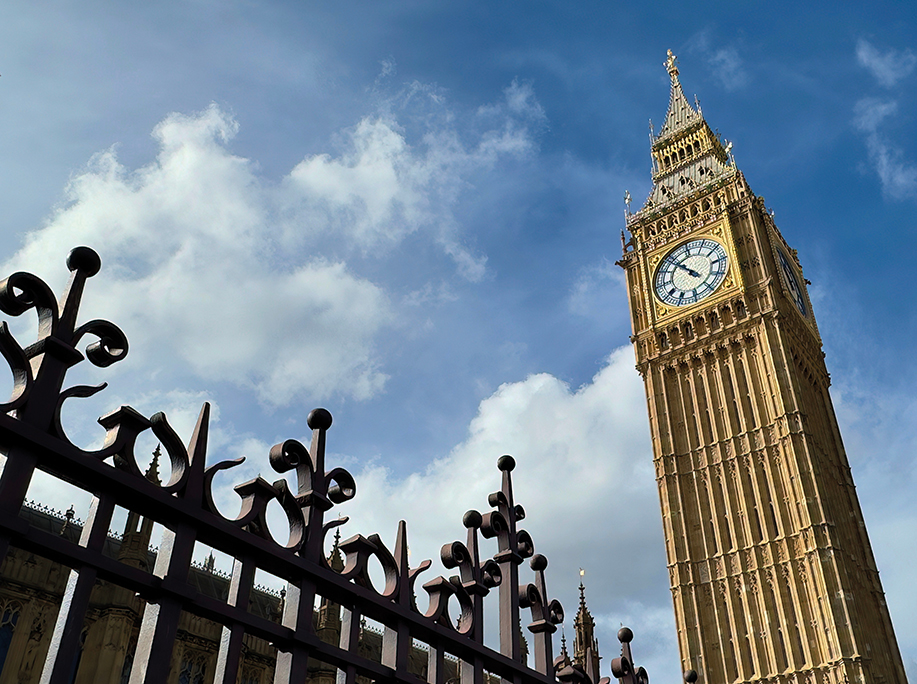The Chancellor’s Transport for City Regions funding announcement on 4 June will see £15.6 billion go to a string of local transport projects in England’s mayoral authorities. This is good news, of course.
Funding for trams makes up the core element of the investment plans, with Greater Manchester, West Midlands and West Yorkshire being beneficiaries. There’s money for buses too.
Transport for City Regions grabs positive headlines
But I was a touch puzzled that the Chancellor chose to make the announcement a week before publishing the outcome of the Comprehensive Spending Review, rather than as part of the latter itself.
However, I suspect the government wanted to make sure that it put out a “good news” announcement in advance so that it didn’t become swamped by bad news emerging from the Spending Review. And who can blame it?
However, I felt a little sorry for the Secretary of State for Transport, Heidi Alexander. Here we have a £15.6 billion funding announcement for a range of local transport projects, but she doesn’t even get to announce it! Instead, the Chancellor is able to steal her thunder and receive the positive headlines.
Let’s face it, though – the Chancellor needs some positive headlines right now, given the relentless criticism and negative coverage she has endured, with even some speculation that her position may not be that secure. That’s politics for you!
However, this was much more than just an announcement on funding for local transport.
It was far more of a political speech designed to try to paint a strong and positive backdrop for the Spending Review.
It’s going to be some time before the benefits are realised
The Transport for City Regions projects that were announced took up a mere couple of minutes in what was a far more wide-ranging speech about the performance of the government, the state of the economy and so on.
We were told that the UK is the fastest-growing economy in the G7, that wages rose more in the past 10 months than the last 10 years of the Conservative government and much more besides.
The speech set out a far more positive narrative than we have been reading about these past few weeks and months.
But if the economic outlook is as positive as the Chancellor wants us to believe, why all the talk of deep spending cuts?
Ulterior motives?
Of course, there’s also a touch of “pork barrel” politics in this too — lots of lovely transport funding for Labour-controlled councils and Labour mayors.
There is nothing wrong with that, and Conservative governments have never shied away from the same ploy.
However, from a political perspective, this will enable the government to say that it is more committed to the “levelling up” agenda than the previous Conservative government ever was, and I have little doubt that this is also a reaction to the growing threat that Labour faces from Reform UK and the drubbing it received from that party in the local elections and the Runcorn and Helsby by-election on 1 May.
At some point, somebody is going to have to assess whether the cost of franchising represents good value-for-money
Call me cynical, but I cannot help feel that the political pressure to make this funding available simply would not have been there had Reform UK not performed as well as it did on 1 May.
“Red wall” Labour MPs will doubtless be delighted by this announcement. But it’s going to be some time before the benefits are realised and, by then, this announcement will be lost in the mists of time.
In my experience, investment in projects such as these rarely change the political weather. The positive headlines soon become drowned out by other issues and, in any event, people vote on issues far more significant than a £15.6 billion local-transport investment package.
Bus Services Bill
Meanwhile, the government’s Bus Services (No 2) Bill duly secured its Commons second reading on 2 June and now moves on to its committee stage, which is scheduled to be completed on or before 8 July.
We might even have all the Commons stages completed by the time parliament rises for the summer recess.
But on the near-certain assumption that the various Conservative amendments made to the Bill in the Lords will be overturned in the Commons at committee stage, the Bill will have to return to the Lords for a “Consideration of Commons Amendments” stage, so I suspect we won’t see Royal Assent and the Bill passing into law until some time after the summer recess.
Then, of course, comes the real test as to how much difference the legislation will actually make.
There is nothing much wrong with what the legislation does but I remain of the view that, aside from the combined authorities, most local authorities won’t have either the financial resources or the necessary expertise to pursue a franchising option.

The Department for Transport says it will undertake a number of franchise trials with various authorities, which is fine, I guess, but the elephant in the room with all of this is funding.
In the absence of a significant amount of extra funding, it’s hard to see many authorities affording franchising.
The franchise regime in Greater Manchester is often held up as a success due to patronage being on the rise.
However, as Shadow Transport Minister Jerome Mayhew pointed out in winding up the second reading of the Buses Bill, it comes at a significant cost to the public purse.
At some point, somebody is going to have to assess whether the cost of franchising represents good value-for-money relative to the increase in patronage that might be achieved.
I completely understand that, for those who depend on a reliable bus service, any cost might be worth it.
However, for hard-pressed taxpayers, I wonder when the cost of franchising will become too much.
Let’s see how many authorities have availed themselves of this legislation by the end of this parliament and what impact it has had.



























